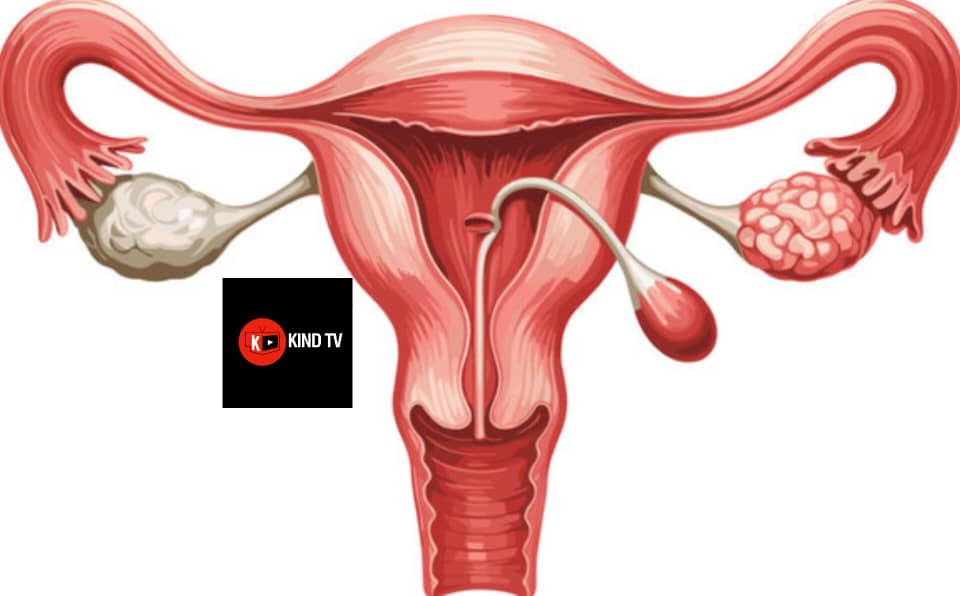Karnataka Pioneers Menstrual Leave Policy, Signalling New Era in Women’s Workplace Rights

In a landmark move, the southern Indian state of Karnataka has become the first in the country to offer paid menstrual leave to women across both government and private sectors, a step hailed by experts as a strong indicator of progressive governance in India. The policy, covering women aged 18 to 52 in formal employment, grants one day off per month without requiring a medical certificate. While the scheme directly benefits an estimated 350,000 to 400,000 women in the formal sector, it leaves behind a significantly larger segment of women, roughly six million, engaged in domestic work, daily-wage labour, and gig jobs in the informal sector. Labour experts and women’s rights activists argue that extending the benefit to these workers would signal a more inclusive approach. “This is one of the most progressive policy decisions for women that the government is implementing,” Karnataka Labour Minister Santosh Lad told the BBC. Supporting this sentiment, an official from Nasscom, a trade association of IT and BPO companies, noted that many firms in Karnataka already provide menstrual leave, meaning compliance with the new policy should be straightforward. The policy has already drawn praise from worker representatives, with Pratibha R, president of the local Garment and Textile Workers’ Union, highlighting that most female garment workers in the state receive barely 11 leave days per year. By contrast, the new rule guarantees monthly leave explicitly tied to menstruation, potentially reducing unpaid absences and protecting women from workplace disadvantages. Yet the policy also exposes persistent social barriers. Menstruation continues to be highly stigmatised in many communities, with cultural taboos limiting open discussion. Some women, like Bengaluru-based IT managers Anunita Kundu and Aruna Papireddy, admit hesitation in using the leave, citing social conditioning and workplace culture that discourages mentioning periods. Social scientist Pushpendra notes that legislation alone cannot overturn deep-seated biases: “Even where menstrual leave exists, it facilitates women but does not necessarily empower them,” he says, pointing to practices like wrapping sanitary pads in old newspapers, a common scene in parts of India including Bihar. Advocates, however, see the policy as a vital step towards normalising menstruation in professional settings. Shreya Shree, a teacher in Bengaluru, argues, “Calling it menstrual leave helps in fighting the stigma.” Sapna S, associate dean at Christ University and head of Karnataka’s menstrual leave committee, encourages women to embrace the benefit fully, calling for a societal shift away from embarrassment and silence around periods. Karnataka’s initiative follows global examples, including Spain, Japan, South Korea, and Indonesia, and domestic precedents in Bihar, Odisha, and Kerala. Unlike other Indian states, Karnataka’s policy is notable for its reach into the private sector, signalling a willingness by the political system to actively safeguard women’s health and workplace equity. While challenges remain, the move marks a significant milestone in the ongoing effort to integrate gender-sensitive policies into mainstream governance.
| 2025-11-14 13:45:31
